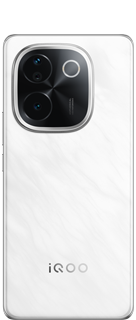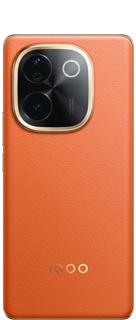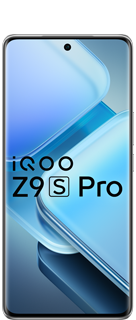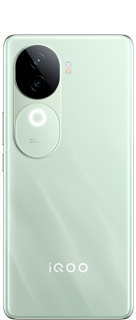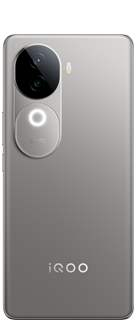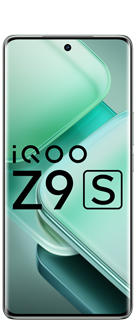Self-Healing Display Technology: The Future of Durable and Sustainable Displays
Brief:
Self-healing display technology is a new type of display that can repair itself from minor scratches and cracks. This is done by using a combination of materials and techniques that allow the display to self-repair at the molecular level.
There are a number of different ways that self-healing display technology can be implemented. One common approach is to use a polymer material that contains microcapsules filled with a healing agent. When the display is scratched or cracked, the microcapsules break open and release the healing agent, which flows into the crack and repairs the damage.

Another approach to self-healing display technology is to use a material that changes shape when it is exposed to heat or light. This type of material can be used to create a display that can repair itself by flowing back into its original shape.
Self-healing display technology has a number of potential benefits. It can make displays more durable and less likely to be damaged. This can lead to lower repair costs and longer lifespans for displays. Self-healing displays can also be more sustainable, as they require less frequent replacement.
Self-healing display technology is still in its early stages of development, but it has the potential to revolutionize the display industry. As the technology matures, it is likely to be used in a wide range of applications, including smartphones, tablets, laptops, and TVs.
Scope in various applications/Use cases:
Self-healing display technology has the potential to be used in a wide variety of applications. Some of the potential use cases include:
- Smartphones: Self-healing displays could make smartphones more durable and less likely to be damaged. This could lead to lower repair costs and longer lifespans for smartphones.

- Tablets: Self-healing displays could make tablets more durable and less likely to be damaged. This could lead to lower repair costs and longer lifespans for tablets.
- Laptops: Self-healing displays could make laptops more durable and less likely to be damaged. This could lead to lower repair costs and longer lifespans for laptops.

- TVs: Self-healing displays could make TVs more durable and less likely to be damaged. This could lead to lower repair costs and longer lifespans for TVs.

Conclusion:
Self-healing display technology is a promising new technology that has the potential to revolutionize the display industry. As the technology matures, it is likely to be used in a wide range of applications, making displays more durable, sustainable, and affordable.
Signing off
Tech Researcher | Photographer
Please sign in
Login and share



















